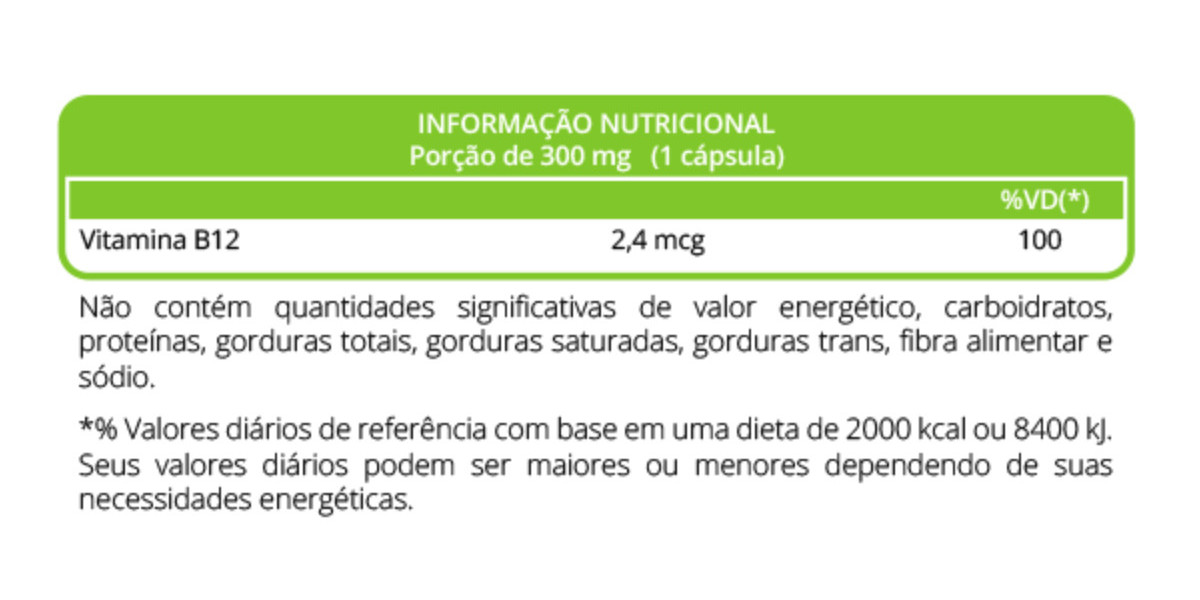Thyronorm is a widely prescribed medication containing levothyroxine sodium, used for managing hypothyroidism, a condition in which the thyroid gland does not produce enough hormones. It helps regulate metabolism, energy levels, and overall bodily functions. However, like any medication, Thyronorm has potential side effects and precautions that must be considered for safe and effective use.
How Thyronorm Works
Buy Thyronorm 100 mcg Tablet is a synthetic form of thyroxine (T4), a hormone naturally produced by the thyroid gland. It helps restore normal hormone levels, reducing symptoms like fatigue, weight gain, hair loss, and depression associated with hypothyroidism.
Common Dosages of Thyronorm
Thyronorm is available in different strengths, including 25 mcg, 50 mcg, 75 mcg, 100 mcg, and 125 mcg, among others. The dosage varies based on the severity of hypothyroidism, age, weight, and individual response to treatment. It is essential to take the prescribed dose on an empty stomach, preferably in the morning, for maximum absorption.
Side Effects of Thyronorm
Although Thyronorm is generally well-tolerated, some individuals may experience side effects, especially if the dosage is incorrect. These side effects can range from mild to severe.
Common Side Effects
Weight Loss—Excessive weight loss may occur if the dosage is too high.
Palpitations & Rapid Heartbeat—Overmedication can lead to heart-related symptoms.
Nervousness & Anxiety—Some users may experience restlessness, irritability, or mood swings.
Increased Sweating—Hyperactivity of metabolism can cause excessive sweating.
Insomnia—Difficulty sleeping may result from an overstimulated metabolism.
Diarrhea—Some users may experience mild gastrointestinal disturbances.
Hair Thinning—Temporary hair loss can occur, but it usually subsides with continued use.
Serious Side Effects (Rare)
Chest Pain—May indicate a heart-related issue due to overstimulation.
Irregular Heartbeat (Arrhythmia)—Can be dangerous in individuals with heart disease.
Excessive Fatigue & Muscle Weakness—Overmedication or under-medication can cause muscle-related symptoms.
Heat Intolerance—Some individuals may feel unusually warm.
Osteoporosis Risk—Long-term high doses can affect bone density, leading to osteoporosis.
Precautions to Take While Using Thyronorm
To ensure safety and effectiveness, certain precautions must be followed when using Thyronorm.
1. Regular Monitoring of Thyroid Levels
It is crucial to have regular blood tests (TSH, T3, T4 levels) to ensure the correct dosage. Overmedication can lead to hyperthyroidism-like symptoms, while under-medication may leave hypothyroidism symptoms unresolved.
2. Avoid Taking with Certain Foods & Medications
Do not take Thyronorm with food, as it can hinder absorption. Take it at least 30-60 minutes before breakfast.
Avoid calcium supplements, iron tablets, and antacids within 4 hours of taking Thyronorm, as they can interfere with absorption.
Certain medications, such as blood thinners, diabetes medications, and antidepressants, may require dosage adjustments when used with Thyronorm.
3. Special Precautions for Heart Patients
Individuals with heart disease, high blood pressure, or a history of heart attacks should use Thyronorm cautiously, as excessive doses may put strain on the heart.
Symptoms such as chest pain, shortness of breath, or irregular heartbeat should be reported immediately.
4. Precautions for Pregnant & Breastfeeding Women
Thyronorm is considered safe during pregnancy, but dosage adjustments may be needed as thyroid hormone demands increase.
Women who are breastfeeding should consult their doctor for proper dosing to ensure adequate hormone levels for both mother and baby.
5. Avoid Abruptly Stopping Medication
Stopping Thyronorm suddenly can lead to severe hypothyroid symptoms, including fatigue, depression, weight gain, and slowed metabolism. If discontinuation is necessary, it should be done under medical supervision with gradual dose adjustments.
Who Should Avoid Thyronorm?
Thyronorm may not be suitable for individuals with:
Untreated adrenal gland disorders
Hyperthyroidism (overactive thyroid)
Severe heart conditions
Allergic reactions to Levothyroxine Sodium
Conclusion
Thyronorm is an essential medication for managing hypothyroidism, but it must be used with proper precautions. Regular thyroid function tests, adherence to prescribed doses, and avoiding interactions with certain foods and medications are crucial for safe usage. If you experience severe side effects, consult your doctor immediately.







